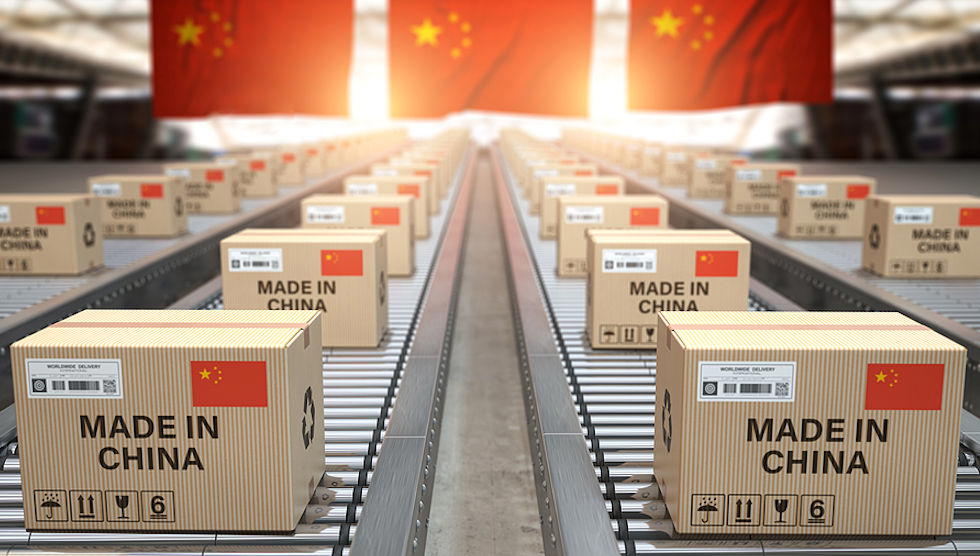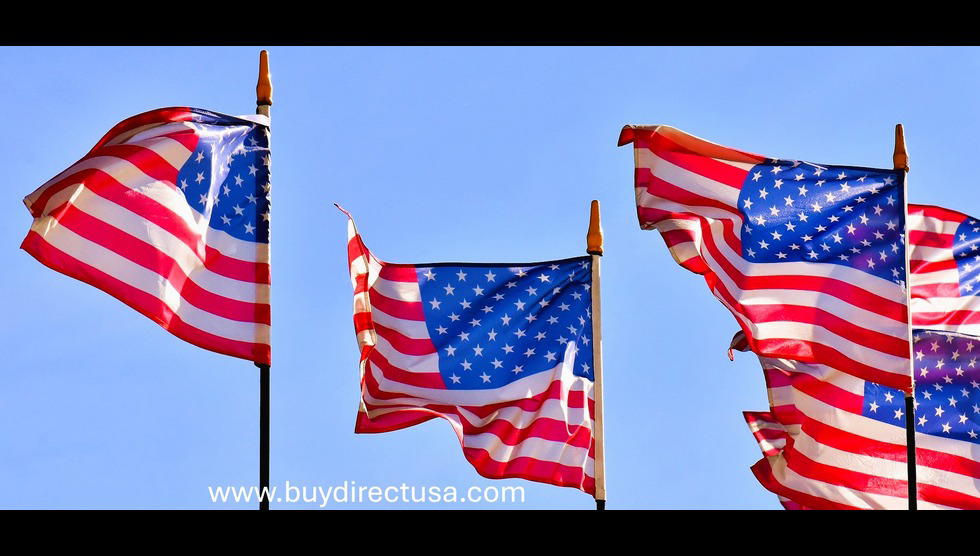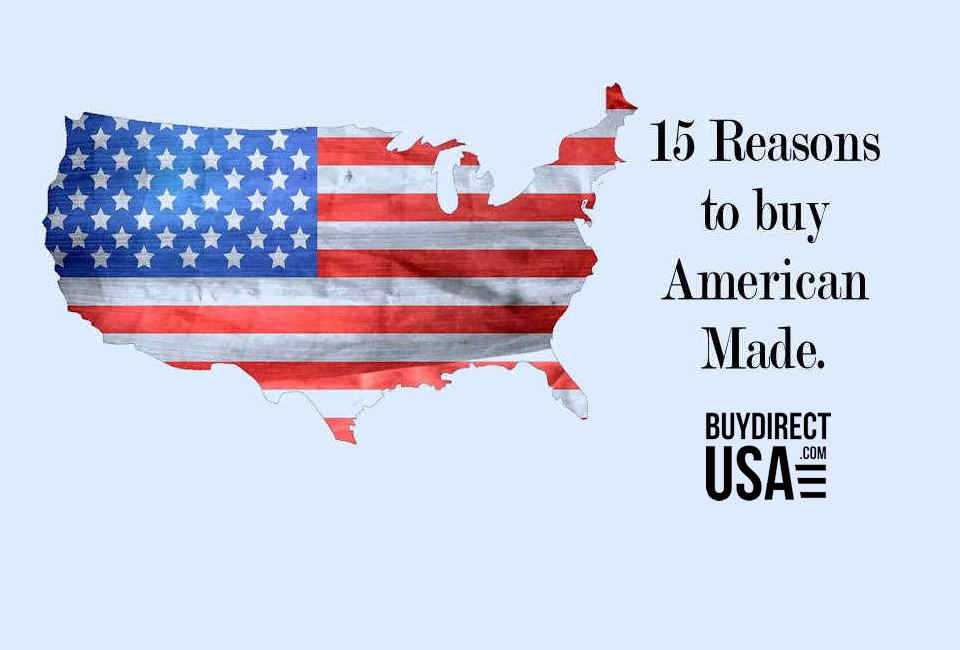In the current geopolitical landscape, the relationship between the United States and China is complex and multifaceted, often marked by tension and competition. One area of significant concern is the allocation of US tax dollars in a manner that benefits Chinese manufacturing, particularly when it involves companies with ties to the Chinese Communist Party (CCP). Here are several compelling reasons why the US should ensure that its tax dollars do not support manufacturing in CCP China.
1. National Security Concerns
Allocating US tax dollars to Chinese manufacturing can have serious national security implications. Many Chinese companies have direct or indirect links to the CCP, which controls and influences large segments of the economy. This creates potential vulnerabilities, as Chinese companies may be compelled to cooperate with the CCP’s intelligence and security agendas. By funding these companies, the US could inadvertently compromise its own national security, enabling espionage, intellectual property theft, and other threats.
2. Economic Dependence and Strategic Risks
Relying on Chinese manufacturing creates a dangerous level of economic dependence. This dependency has been highlighted during crises such as the COVID-19 pandemic, where supply chain disruptions had severe consequences. By channeling US tax dollars into Chinese manufacturing, the US risks exacerbating this dependency, making it vulnerable to economic coercion and manipulation. Strengthening domestic manufacturing capabilities and supporting allied nations can mitigate these risks and promote a more resilient economic framework.
3. Human Rights Violations
The CCP’s record on human rights is deeply troubling. Reports of forced labor, political repression, and systemic human rights abuses, particularly in regions like Xinjiang, are well-documented. Supporting Chinese manufacturing with US tax dollars indirectly endorses these practices. Ethical considerations demand that the US take a stand against human rights violations by ensuring that its financial resources do not fund or enable such abuses.
4. Unfair Trade Practices
China’s trade practices, including state subsidies, currency manipulation, and intellectual property theft, create an uneven playing field for international competition. US tax dollars should not support a system that undermines fair trade principles and disadvantages American businesses. Instead, these funds should be used to bolster domestic industries, promote innovation, and ensure that American companies can compete on fair terms globally.
5. Environmental Standards
Chinese manufacturing is often associated with lax environmental regulations and significant pollution. While China frequently promises to improve its environmental practices, these promises often go unfulfilled. In contrast, US manufacturing adheres to some of the highest environmental standards in the world. Supporting domestic manufacturing not only helps protect the environment but also promotes responsible industry practices globally.
6. Strategic Decoupling and Economic Sovereignty
Strategic decoupling from China is essential to safeguard American industry and maintain economic sovereignty. By reallocating tax dollars away from Chinese manufacturing and towards domestic initiatives, the US can reduce its reliance on China and foster a more self-sufficient and secure economy. This approach not only strengthens national security but also creates jobs and stimulates economic growth within the US.
Conclusion
Ensuring that US tax dollars do not support manufacturing in CCP China is a strategic imperative that encompasses national security, economic stability, human rights, fair trade, and environmental sustainability. By redirecting these funds towards domestic manufacturing and allied nations, the US can promote a more secure, ethical, and resilient economic future. It is crucial for policymakers to recognize the multifaceted risks associated with supporting Chinese manufacturing and take decisive action to protect American interests and values.
It’s Time to Make It in America Again!







